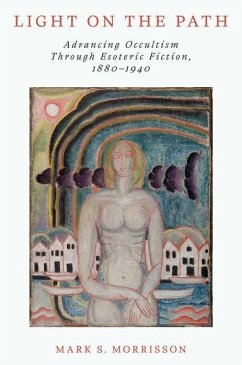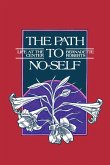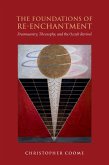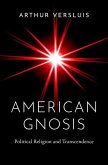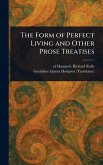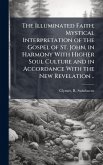In the late nineteenth and early twentieth centuries, the US and UK experienced an occult revival, a flourishing "occulture" that signalled the increasing presence of the occult in the popular imagination. This period also witnessed another major cultural development--a rapid expansion of print culture that offered a dizzying array of new magazines, pulp fiction, cheap single-volume and paperback novels, and emerging forms of genre fiction, all designed to meet (and create) the demands of a growing fiction readership. In Light on the Path, Mark S. Morrisson explores the surprising interdependence of these two phenomena. As supernatural fiction moved in increasingly occult directions, modern occultism itself became so entangled with popular fiction that it can almost be seen as a literary phenomenon. Morrisson recounts the strategic efforts by modern occultists, including Mabel Collins, Aleister Crowley, Dion Fortune, Kenneth Morris, and Talbot Mundy, to use popular fiction to wrest esotericism away from its traditional modes of secrecy and make esoteric experiences of self-transformation widely accessible. Through experiments to forge a new esoteric fiction genre from already existing genres, these occultists intended their novels to open gates for readers, to offer an occult gnosis through the simple act of reading a novel. In so doing, they transformed genre fiction into a tool with which to launch new religious movements that persist today.
Bitte wählen Sie Ihr Anliegen aus.
Rechnungen
Retourenschein anfordern
Bestellstatus
Storno

